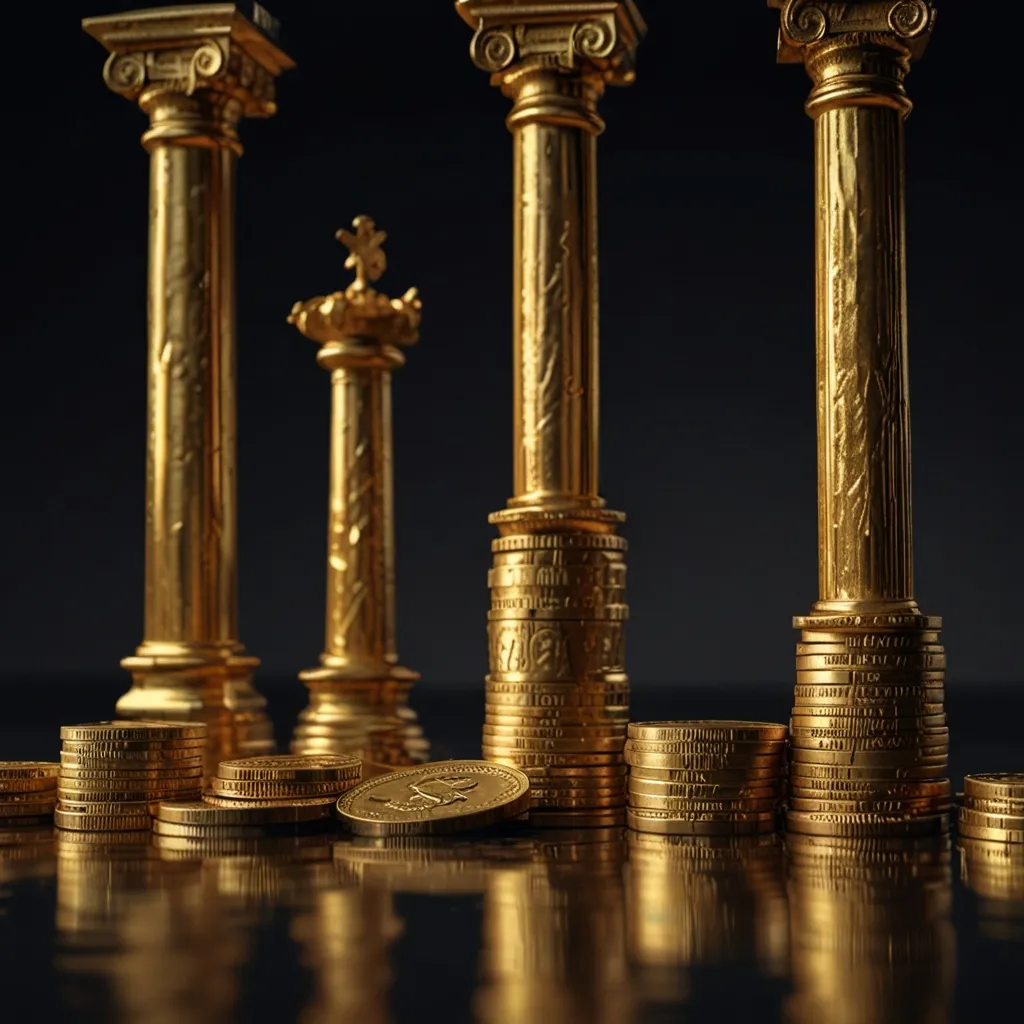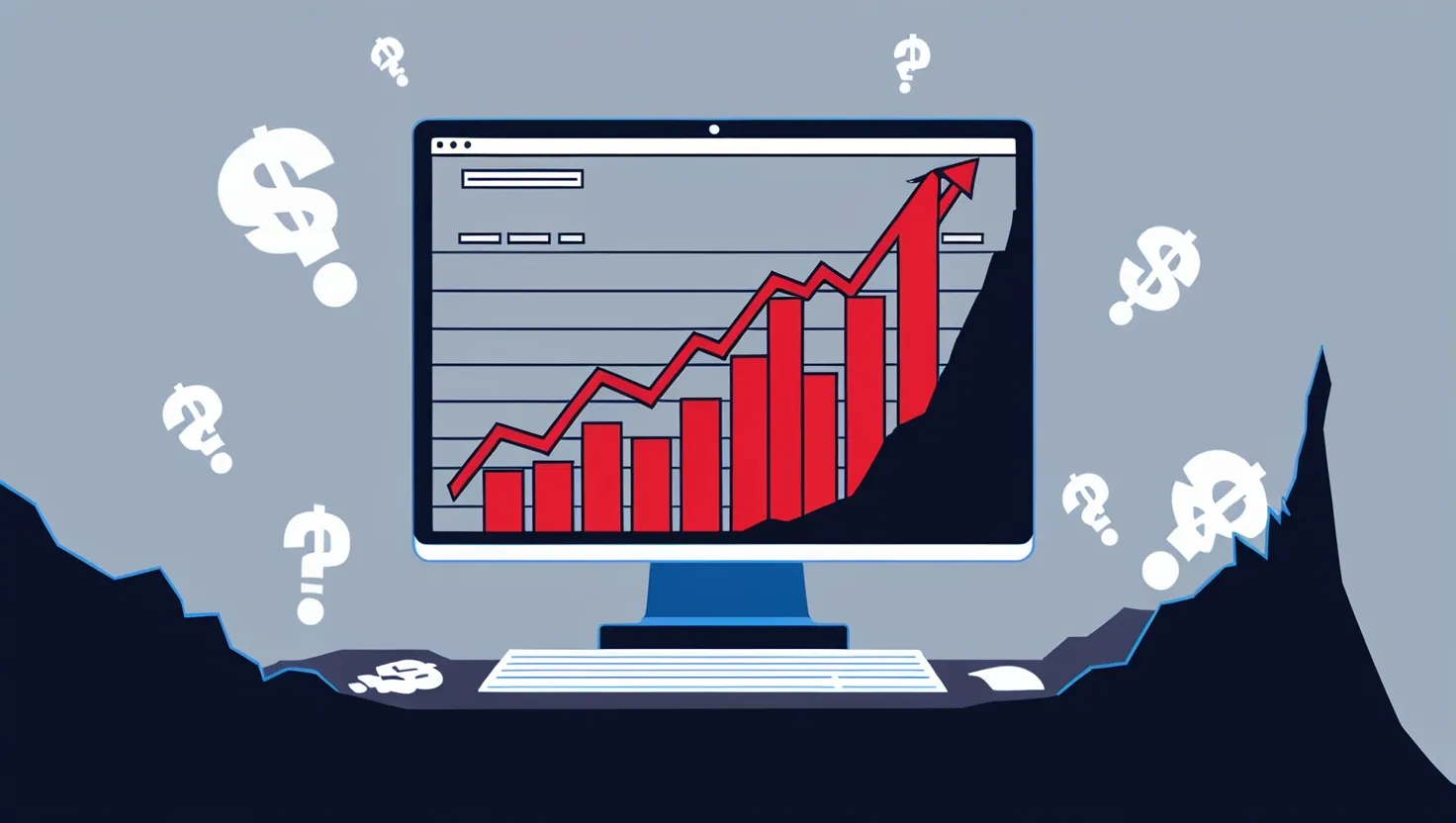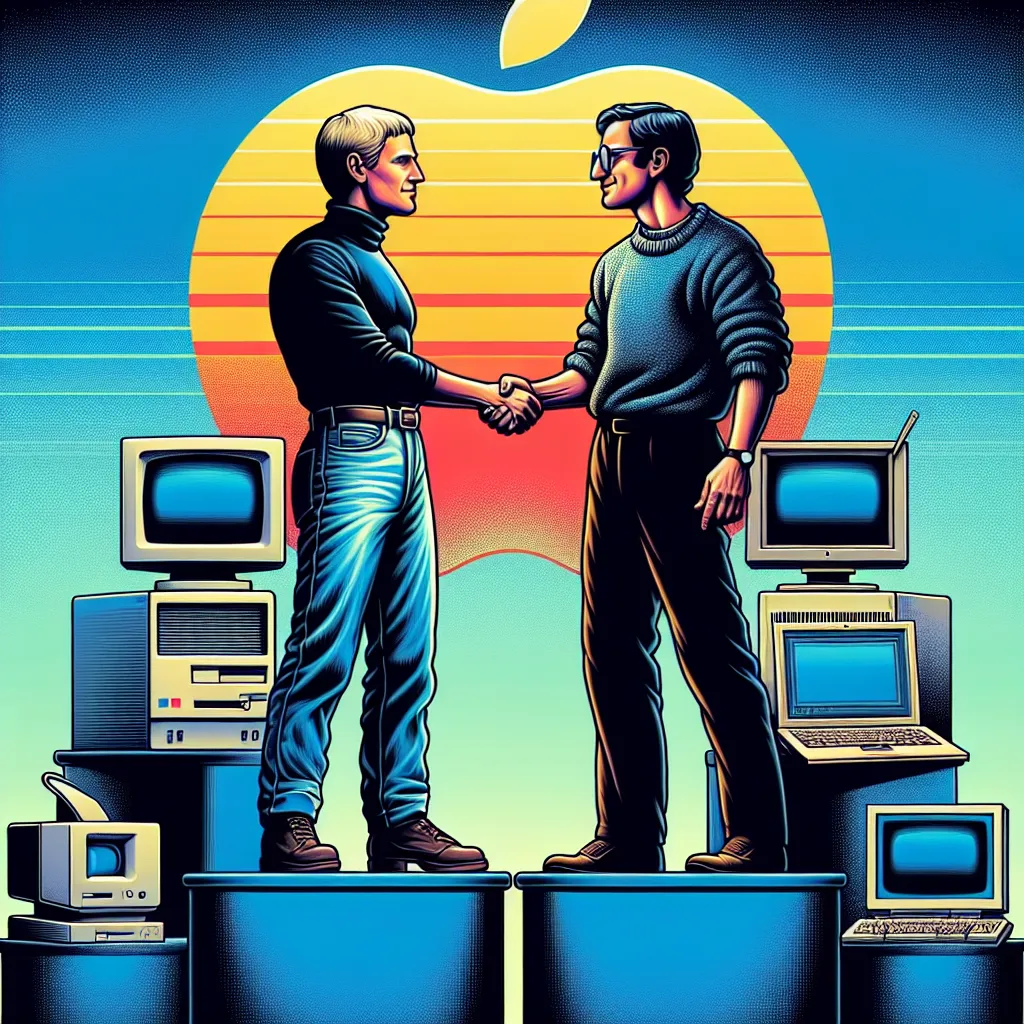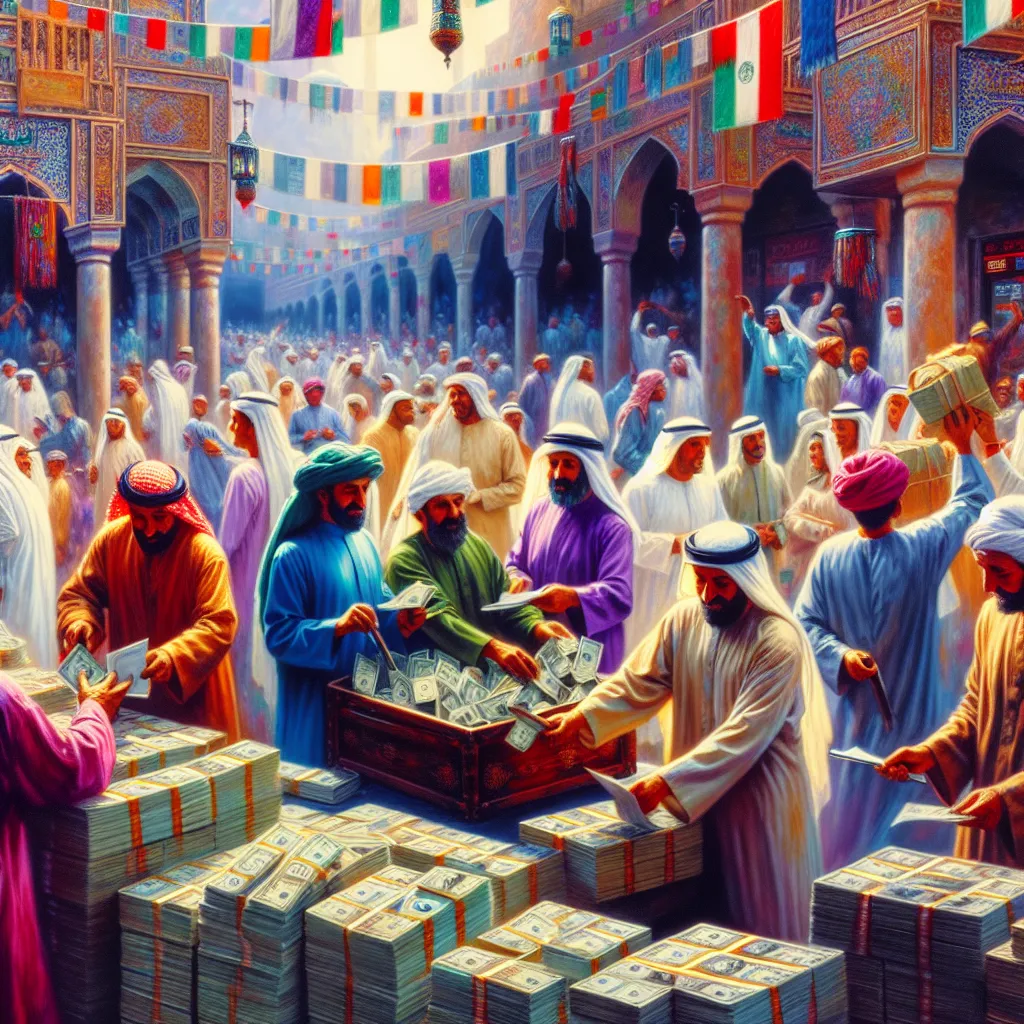The Gold Standard—sounds all regal and robust, doesn’t it? Like something straight out of a fairy tale about gleaming treasures and lost kingdoms? Surprisingly, it was kind of an accident. Yep, one of the world’s most famous monetary systems started not with meticulous planning but more like a “whoopsie.”
Flashback to 1717. Picture Sir Isaac Newton—yes, the apple guy who figured out gravity. But this genius was also the Master of the Royal Mint of England. In a classic mix-up, he messed up the exchange rate of silver to gold, setting it too low. This slip-up almost wiped out silver from the system and left the country balancing on a gold tightrope. England inadvertently ended up using gold coins as its primary store of value.
Fast forward a bit, and by 1821, the accidental gold situation was official. Britain had its influence spreading far and wide, dragging its colonies and major economies like the US along into the gold-backed fun. The United States was booming and craved a stable currency system, so embracing gold as the standard was a no-brainer. Soon, Germany joined the gold party, and voilà—the first international monetary system was born.
This gold adventure rolled on smoothly until two big events slammed the brakes—the start of World War One and the Great Depression that followed. Turns out, the gold standard had an Achilles’ heel—it was too rigid to handle economic crises. Governments couldn’t expand the money supply easily because every bit of paper money had to be backed by actual gold reserves. In tough times like the Great Depression, nobody wanted to give up their gold, making economic recovery a slow and painful grind.
The British got the hint first and ditched the gold standard in 1931. This short-term solution helped pull economies out of the deep end, but brought along its own set of problems. Nations started to devalue their currencies competitively, leading to economic and political tensions. And yep, it’s one of the pieces that contributed to igniting World War Two.
But the gold standard wasn’t down for the count just yet. After WWII, there was some nostalgic buzz to bring it back, which led to the Bretton Woods system. This reboot had a twist—the US dollar got the glory of being pegged to gold, while other currencies were pegged to the US dollar. This provided a buffer for countries to adjust their currency values as needed without the rigid constraints of the old gold system.
The Bretton Woods system hummed along until the US economy got creaky. The strain of the Vietnam War, rising trade deficits, and France’s significant gold buying habits strained the system. You see, France loved stacking up gold reserves, almost draining the US reserves dry. By 1971, the US had no choice but to suspend the gold standard, which was supposed to be a temporary break. Spoiler alert: it wasn’t. The US officially called it quits on the gold standard shortly after.
So, the big question—is a gold comeback on the horizon? Don’t hold your breath. Modern economics has transformed into a labyrinth of complexities that a set-in-gold standard just can’t handle anymore. Currencies now float freely, their values swaying with market forces rather than a fixed gold rate. This brings both gains and baggage—like higher inflation rates—but it’s hard to imagine a one-size-fits-all gold standard working amidst today’s dense and diverse global economy.
Returning to a gold standard would require massive consensus among nations, which is as likely as finding a unicorn at a garage sale. Back when the Bretton Woods system kicked off, the US had half the world’s economy in its pocket and held 80% of the global currency reserves. These days, no single country pulls that kind of weight. Plus, economies now need the pliability to tweak monetary policies as needed—something the gold standard just can’t stretch to offer.
While the gold standard sparkled with stability and trust for decades, the narrative always ended at the same plot twist: the necessity for flexibility and adaptability in a constantly changing world. So, while gold might still shine in jewelry stores and treasure chests, it’s unlikely to reclaim its throne as the backbone of the global monetary system.






